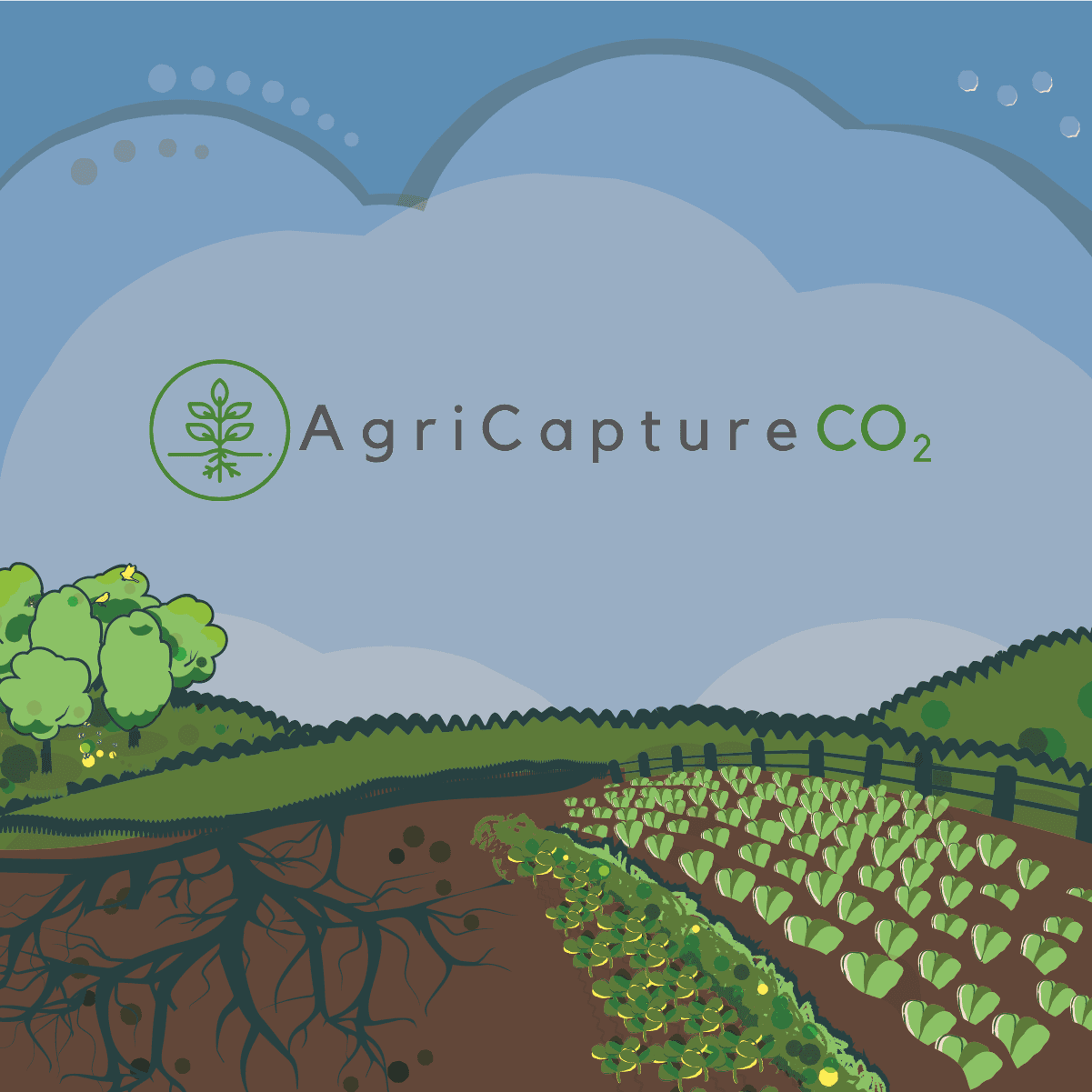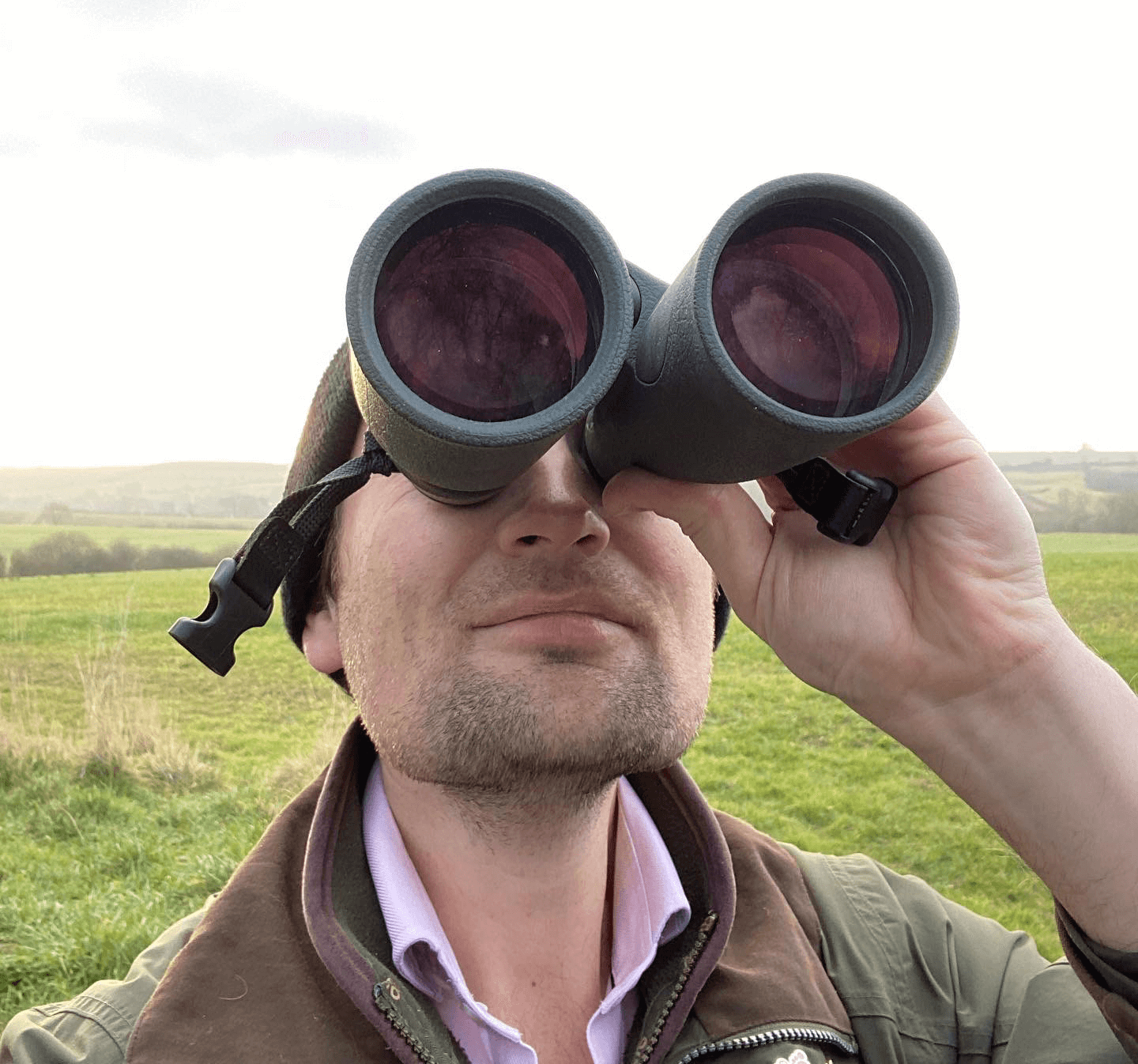- Matt Baker with Allerton’s Saya Harvey
- Matt Baker with Allerton’s Gemma fox (and sheep!)
- Ellie Harrison with Allerton director Alastair Leake
On 19th & 20th January the team at GWCT’s Allerton Project was delighted to welcome BBC Countryfile for two days of intensive filming, with the 320ha Loddington estate acting as the ‘hub’ for the programme broadcast on 6th February 2022 titled ‘Allerton’ and available for the rest of the year on BBC iPlayer.
With the screen time to delve a bit deeper into the extensive projects being undertaken at the Allerton Project, presenters Ellie Harrison and Matt Baker got to grips with a wide range of the research and educational activities currently happening at the GWCT’s flagship ‘living laboratory’.
At the heart of the programme was the 30th anniversary of the ground-breaking establishment of the Allerton Project in 1992, with a remit to investigate how modern, productive farming and the wider farmed landscape can co-exist side by side, with Allerton’s new Head of Training and Partnerships Joe Stanley explaining how research into nature friendly farming was occurring at Loddington long before it became such a national and international policy priority!
Countryfile was also keen to cover this year’s impending GWCT Big Farmland Bird Count (4-20th February) having covered the first running of this unique industry event back in 2014. The BFBC encourages farmers and land managers to spend just 30 minutes noting the species and numbers of farmland birds in one location over the course of the two weeks, before logging them on the BFBC website. The aim of this citizen science project is both to get a better understanding of the state of our national bird populations, and to help farmers get a better understanding of the living landscape on their own land. Matt talked to Allerton’s Saya Harvey about the healthy farmland bird populations we’ve seen since managing the land for biodiversity from the 1990s.
Climate change mitigation was the thrust of the rest of the schedule, with Allerton Director Alastair Leake speaking to Ellie about the Hedgerow Carbon Code currently being developed at the site, and the wider benefits of hedgerows both for carbon capture and farmland biodiversity. Head of Research Chris Stoat demonstrated the ongoing work on natural flood mitigation measures, including ‘leaky dams’ and deep rooting grasses, which also have the potential to help sequester atmospheric carbon as part of the farm rotation.
Finally, Matt joined Gemma Fox as she demonstrated the ongoing trials to establish the beneficial qualities of willow in a ruminant diet to reduce greenhouse gas emissions, with clear implications for British agriculture’s Net Zero ambitions. Naturally, it wasn’t a day’s filming without the obligatory drone shots, but thankfully the sheep themselves were very well behaved.
It was a great opportunity for the GWCT and Allerton Project to get in front of an audience of millions on prime-time television, most of whom we would not normally have the opportunity to engage with, and demonstrate the great work going on both at Loddington and in the British countryside in general to safeguard both our natural habitat and national climate ambitions as we move towards a more sustainable farming future.






